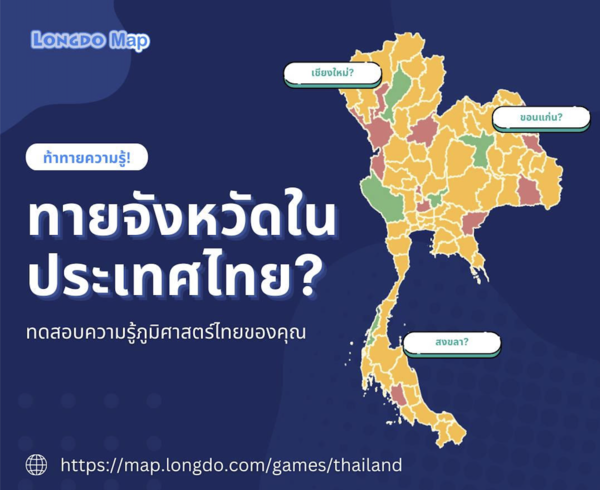| 能 | - (のう) (n,n-suf) (1) talent; gift; function; (2) noh (theatre); (P) [EDICT]
- (néng, ㄋㄥˊ) can; may; capable; energy; able; surname Neng [CE-DICT]
|
| 主 | - (しゅ(P);しゅう(ok)) (n,adj-no) (1) (one's) master; (2) (しゅ only) Lord (Christian ref. to Jesus or God); (3) (しゅ only) (See 主たる,主として) the main thing; the majority; the primary concern; (P) [EDICT]
- (にし;のし) (pn) (arch) (fam) (See 主・ぬし・6) you [EDICT]
- (ぬし) (n) (1) head (of a household, etc.); leader; master; (2) owner; proprietor; proprietress; (3) subject (of a rumour, etc.); doer (of a deed); (4) guardian spirit (e.g. long-resident beast, usu. with mystical powers); long-time resident (or employee, etc.); (5) husband; (pn) (6) (fam) (See おぬし) you; (P) [EDICT]
- (おも) (adj-na,n) (1) (See 主な,主に) chief; main; principal; important; (2) (abbr) (usu. written as オモ) (See 重あど) main secondary or supporting role (in kyogen); (P) [EDICT]
- (す) (suf) (arch) (hon) honorific (or familiar) suffix used after a name [EDICT]
- (あるじ) (n) (1) (abbr) head (of a household); proprietor (of a store); proprietress; landlord; landlady; master (of a servant); (2) (arch) (also written as 饗) (See 饗設け) entertaining someone as one's guest [EDICT]
- (zhǔ, ㄓㄨˇ) to own; to host; master; lord; primary [CE-DICT]
|
| 动 | - (dòng, ㄉㄨㄥˋ) to use; to act; to move; to change [CE-DICT]
|
| 而 | - (ér, ㄦˊ) and; as well as; and so; but (not); yet (not); (indicates causal relation); (indicates change of state); (indicates contrast) [CE-DICT]
|
| 非 | - (ひ) (n) (1) fault; error; mistake; (2) going poorly; being disadvantageous; being unfavorable; (pref) (3) un-; non-; an-; (P) [EDICT]
- (fēi, ㄈㄟ) non-; not-; un-; abbr. for Africa 非洲; wrong; evil-doing; insist on; simply must [CE-DICT]
|
| 被 | - (ひ) (pref) indicates the target of an activity; -ee (e.g. employee, examinee, trustee) [EDICT]
- (bèi, ㄅㄟˋ) by (indicates passive-voice sentences or clauses); to cover; to wear [CE-DICT]
|
| 辞 | - (ことば(P);けとば(言葉)(ok)) (n) (1) language; dialect; (2) word; words; phrase; term; expression; remark; (3) speech; (manner of) speaking; (P) [EDICT]
- (じ) (n) (1) address (e.g. opening or closing remarks); speech; words; (2) ci (Chinese literary form); (3) (See 詞・3) ancillary word [EDICT]
- (cí, ㄘˊ) refined language; wording; poetic genre (so far, interchangeable with 詞|词); to take leave; to resign; to dismiss; to decline [CE-DICT]
|
| 退 | - (tuì, ㄊㄨㄟˋ) retreat; to decline; to move back; to withdraw [CE-DICT]
|
| 帕 | - (pà, ㄆㄚˋ) to wrap; kerchief; handkerchief; headscarf; (used as phonetic, e.g. 帕米尔 Pamir) [CE-DICT]
|
| 梅 | - (うめ(P);むめ(ok);ウメ) (n) (1) Japanese apricot (Prunus mume); Chinese plum; (2) lowest (of a three-tier ranking system); (P) [EDICT]
- (méi, ㄇㄟˊ) plum; plum flower; Japanese apricot (Prunus mume); surname Mei [CE-DICT]
|
| 里 | - (り) (n) (1) ri (old Japanese unit of distance, approx. 3.927km or 2.44 miles); (2) (See 郷里制,国郡里制) neighbourhood (under the ritsuryo system; orig. of 50 homes); (3) (See 条里制) unit of area (approx. 654m by 654m); (P) [EDICT]
- (さと) (n) (1) village; hamlet; (2) countryside; country; (3) (里 only) home (of one's parents, etc.); hometown; (4) (里 only) (See 御里) one's origins; one's upbringing; one's past [EDICT]
- (lǐ, ㄌㄧˇ) inside; internal; interior; lining; village; basic unit of city administration [CE-DICT]
- (lǐ, ㄌㄧˇ) Chinese mile (approx. 0.5 km); neighborhood; hometown; surname Li [CE-DICT]
|




